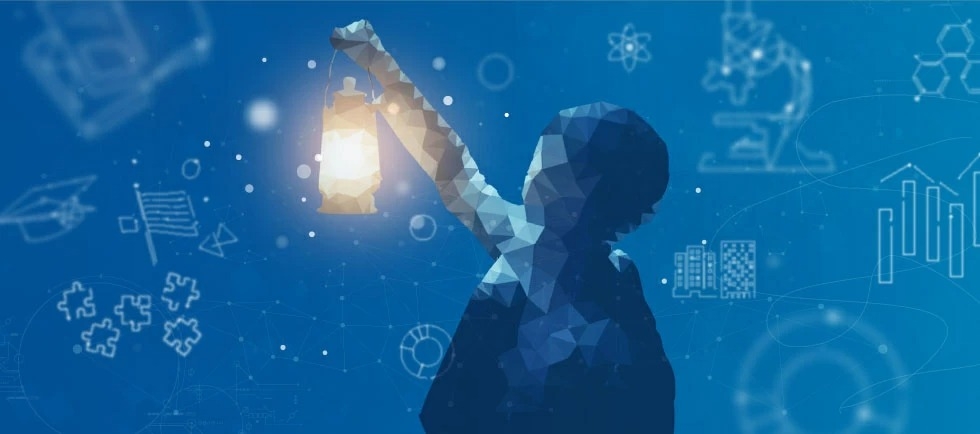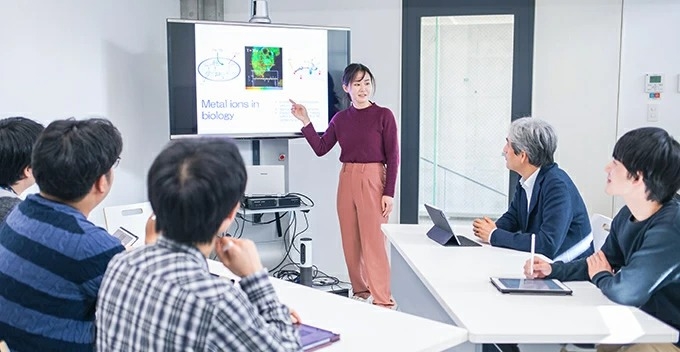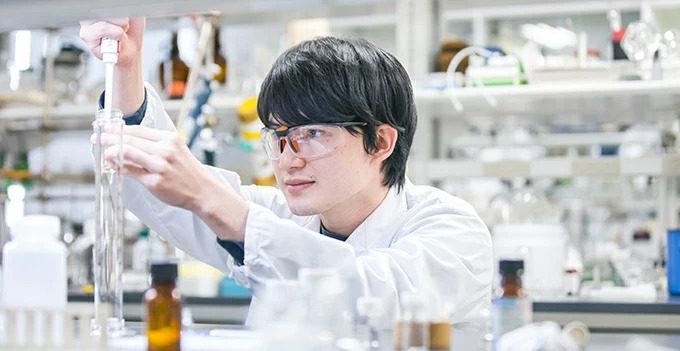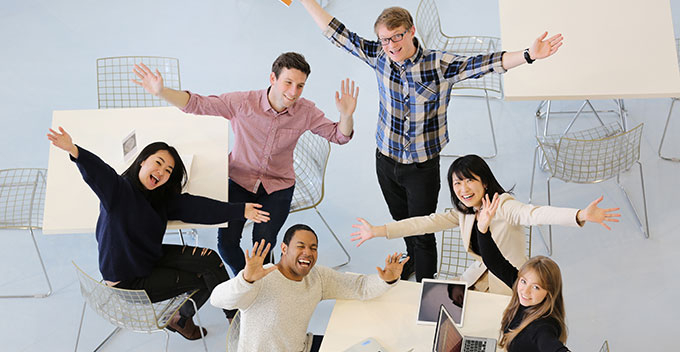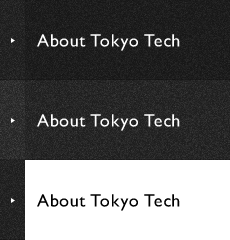Increase the diversity of Tokyo Tech's student body so that those studying at the Institute can engage in friendly competition regardless of nationality, cultural background, or personality, and will develop an interest in the issues facing global society and the ability to contribute to solving these issues.
Increase diversity among faculty, staff, and researchers, not only in terms of external diversity factors such as age, gender, nationality, and race, but also in terms of internal diversity factors such as education and research styles, values, etc. so that these community members can positively influence each other.
Furthermore, build an environment where these diverse human resources can make the most of their abilities.
Evaluation indicators
[ Related: Reference indexes, Designated National University scheme ]
- Ratio of international students
2030- : 25%
- Ratio of female students
2030- : 20%
- Ratio of female faculty
2030- : approx. 20%
- Ratio of international faculty
2030- : 30%
Without limiting itself to the above numerical targets, Tokyo Tech will strive to develop its systems and programs, foster awareness, and create an environment in which all members can play an active role while respecting each other's values and abilities.
Measures
- 1.
- Increase further the percentage of Tokyo Tech's international students, and the percentage of Japanese students with study abroad experience.
- 2.
- Increase significantly the percentage of Tokyo Tech's female students.
- 3.
- Promote the development of an environment that respects the external and internal diversity of individual faculty members and researchers, improve the evaluation criteria used at the time of employee selection and performance evaluation, and conduct evaluations based on these criteria.
- 4.
- Realize an environment in which educational and research activities are not restricted by cultural background, language, gender, or stage of life.
- 5.
- To provide an environment where diverse students, faculty, and staff can play active roles without inhibitions, strengthen the system to eradicate harassment and enhance care, including mental health care, for all Tokyo Tech members.
. Any information published on this site will be valid in relation to Science Tokyo.


